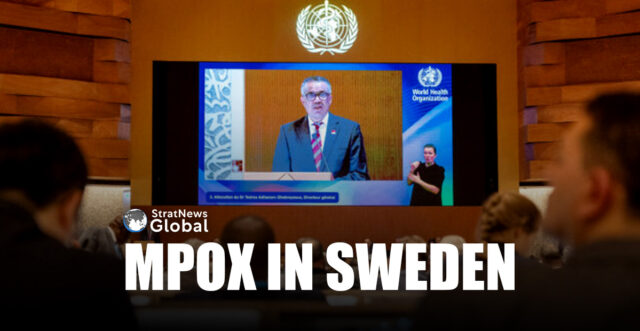The World Health Organization (WHO) on Thursday confirmed that a case of the viral infection MPOX (Monkeypox) in Sweden was linked to an outbreak in Africa, the first sign of its spread outside the continent a day after the WHO declared the disease a global public health emergency.
Swedish health officials said at a press conference that the person was infected while in Africa with the Clade Ib type of MPOX involved in the recent outbreak. The person is receiving treatment. Swedish officials said the risk of the infection spreading among the general population was “very low”, although occasional imported cases could continue to occur.
Both U.S. and Canadian officials have said they have not identified any cases so far.
The WHO’s European Regional Office said more cases were likely to be confirmed on the continent, reflecting the “interconnectedness of our world.”
The WHO on Wednesday declared the outbreak in Africa a public health emergency after cases in the Democratic Republic of Congo spread to nearby countries.
Clade Ib, the version of the virus behind the current outbreak, is believed to cause a more serious type of MPOX than the version that caused a public health emergency in 2022. The virus is spread by close contact.
The WHO says 548 people have died in the Democratic Republic of Congo since MPOX broke out earlier this year. Health Minister Samuel-Roger Kamba said “According to the lastest epidemiological report, our country has recorded 15,664 potential cases and 548 deaths since the beginning of the year.”
Eight provinces are affected including North and South Kivu, Tshopo , North Ubangi and Equateur. The country has 26 provinces and a total population of around 100 million. The WHO’s decision to declare a public health emergency came the day after the African Union’s public health watchdog declared its own public health emergency.
With Reuters inputs
Thirty eight years in journalism, widely travelled, history buff with a preference for Old Monk Rum. Current interest/focus spans China, Technology and Trade. Recent reads: Steven Colls Directorate S and Alexander Frater's Chasing the Monsoon. Netflix/Prime video junkie. Loves animal videos on Facebook. Reluctant tweeter.





